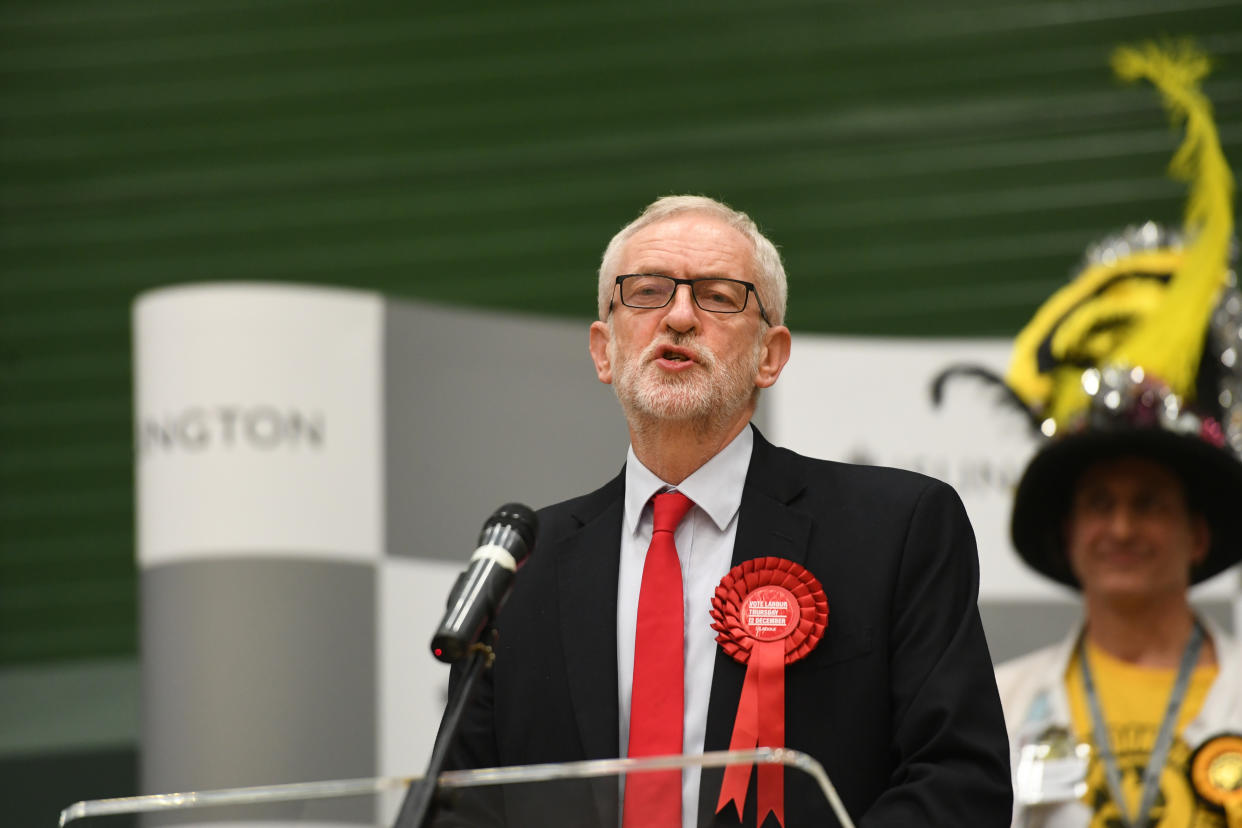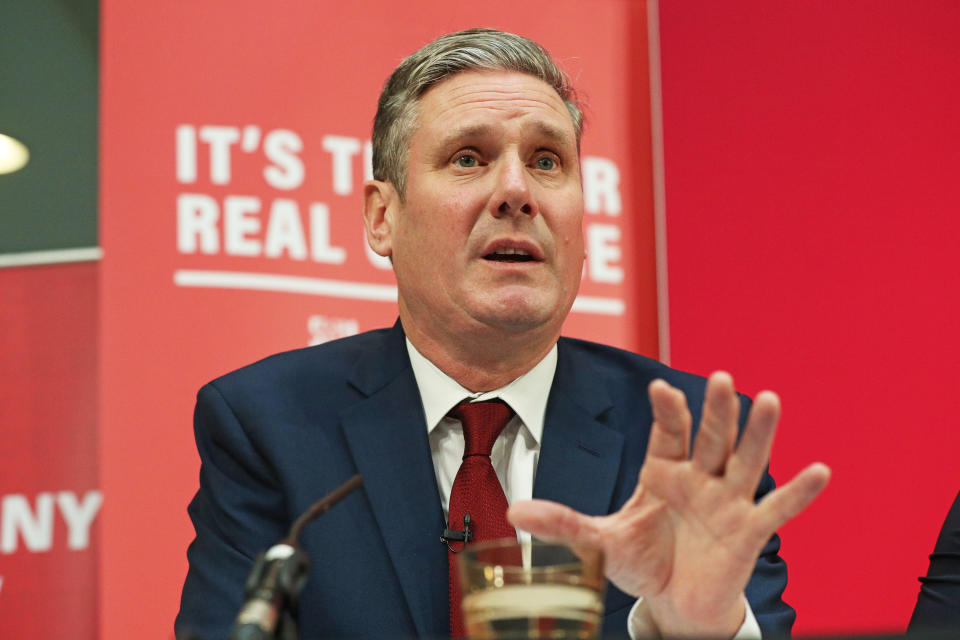The favourites to replace Corbyn as Labour leader

The race to replace Jeremy Corbyn as Labour leader started today after a catastrophic election night saw the party shed seats and the Tories secure a comfortable majority.
Mr Corbyn announced this morning that he would step down as leader but stay in place while Labour decides how to proceed.
No MP has yet formally announced they will stand for leadership but Oddschecker lists Keir Starmer, Rebecca Long-Bailey and Angela Rayner as the front runners.
Shadow foreign secretary Emily Thornberry, Yvette Cooper and current shadow chancellor John McDonnell are also in the mix.
He said at the count for his Islington North seat, which he retained: “I want to also make it clear that I will not lead the party in any future general election campaign.
“I will discuss with our party to ensure there is a process now of reflection on this result and on the policies that the party will take going forward.
“And I will lead the party during that period to ensure that discussion takes place and we move on into the future.”

Keir Starmer said: “There is no hiding from the overall result. It is devastating. It will hurt the millions of people who so desperately need a Labour government.
“They have suffered so much under ten years of Tory austerity and will suffer more because of this result. We must now reflect; but we must also rebuild.”
Ms Long-Bailey said the leadership was not something she had been thinking about
Yvette Cooper said: “It was not just about Brexit, it was about the perceptions of the party, the perceptions of the leadership and people’s unwillingness, or not willing in enough numbers, to support us across the country.”

 Yahoo News
Yahoo News 
